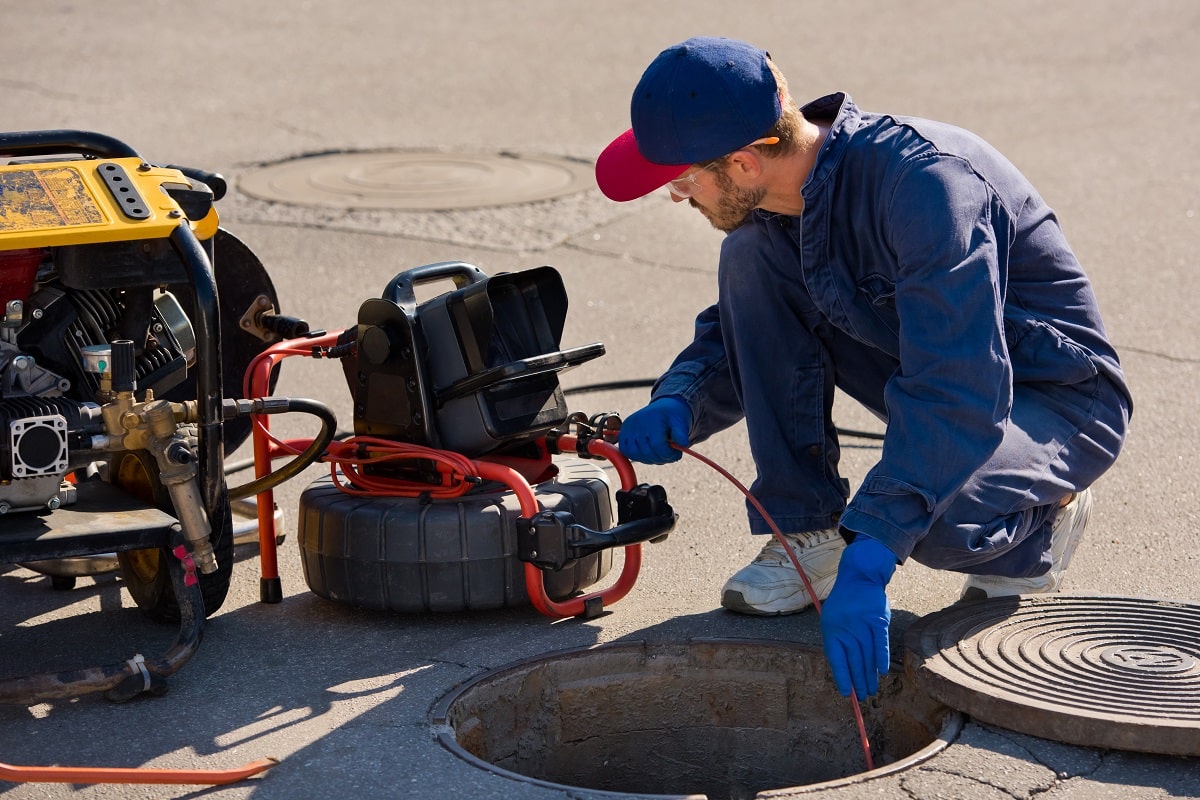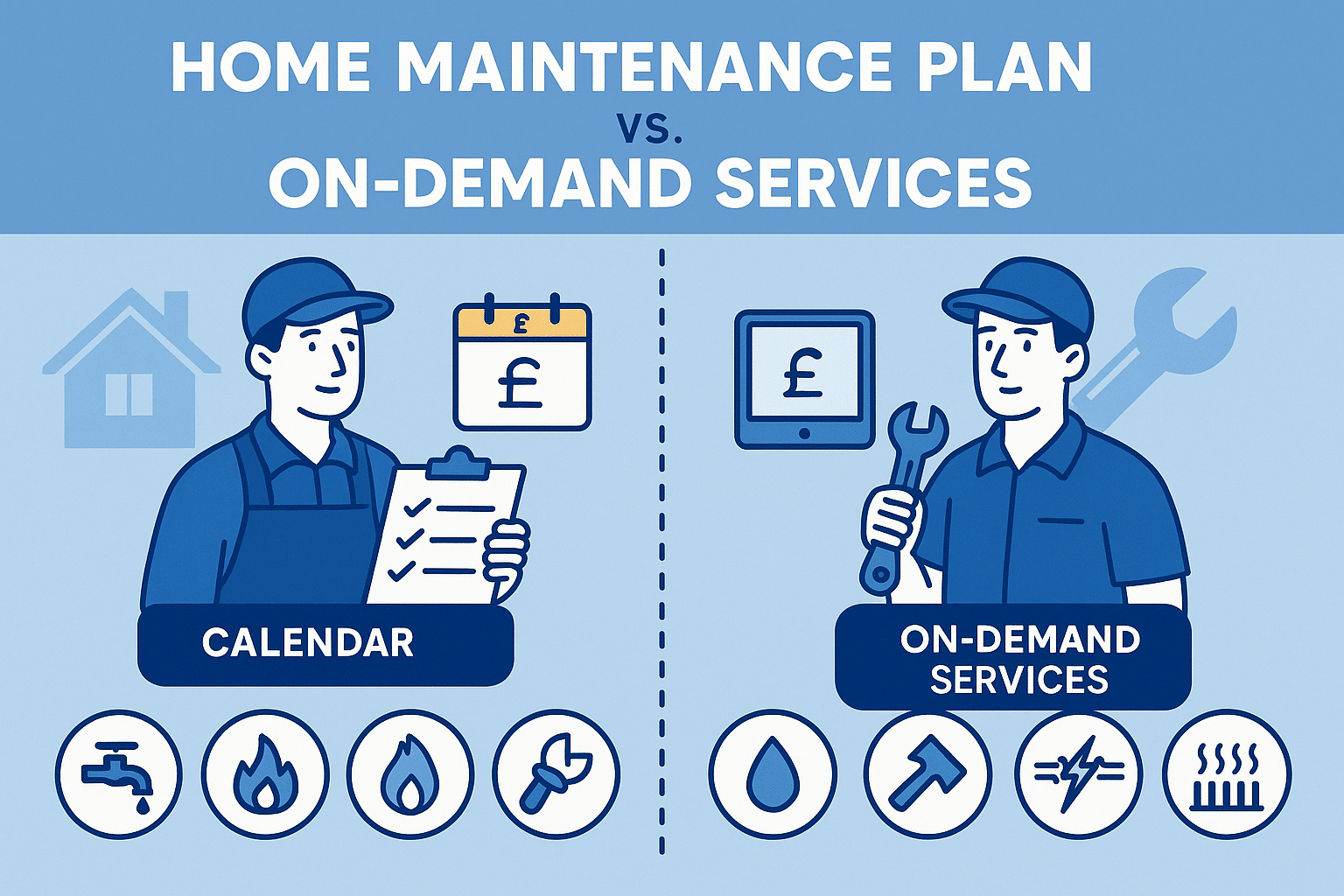 Unblock Your Drains with Chemical Drain Unblockers
Unblock Your Drains with Chemical Drain Unblockers

We’ve all been there. That dreaded moment when the water in your kitchen sink refuses to budge, leaving you with a pool of soapy water and a sinking feeling in your stomach. This, my friend, is when it might be time to consider reaching for drains with chemical assistance in the form of a drain cleaner. However, before you go pouring just anything down the drain, let’s break down the world of chemical drain cleaners.
Table of Contents:
Unclogging Your Drains with Chemical Solutions: A Comprehensive Guide
Dealing with stubborn drain clogs can be a real headache, and chemical drain cleaners seem like the quick and easy solution. But before reaching for that bottle, it’s important to understand how these potent mixtures work, their potential risks, and when calling in the professionals is best.
Types of Chemical Drain Cleaners and How They Work
Not all chemical drain cleaners are created equal. Understanding the differences between them can help you choose the right product for your particular clog and minimise potential damage to your pipes.
1. Caustic Drain Cleaners
These are typically the most powerful type of drain cleaner available and are designed for the toughest clogs. They utilise strong alkalis, like sodium hydroxide (caustic soda) or potassium hydroxide, which react with the clog material to generate heat.
This chemical reaction helps break down organic matter, like hair and grease, into a soapy substance that can be easily flushed away. Caustic drain cleaners can be very effective but should be used cautiously, as they can damage certain types of pipes if used improperly.
2. Acidic Drain Cleaners
Unlike caustic cleaners, these rely on powerful acids, often sulfuric acid or hydrochloric acid, to dissolve blockages. They’re particularly effective on clogs caused by mineral build-up, like soap scum, rust, or hard water deposits.
Because of their corrosive nature, acidic drain cleaners should never be used on older metal pipes as they can cause damage. Be careful, though, as prolonged exposure can even harm newer PVC pipes.
3. Enzyme-Based Drain Cleaners
If you’re looking for a more environmentally sound option, enzyme-based cleaners are the way to go. These products rely on natural enzymes to break down organic matter over time, making them less aggressive than their chemical counterparts.
They are particularly well-suited for minor clogs and drain maintenance. For minor clogs, you might also consider eco-friendly alternatives like using boiling water, a mixture of baking soda and vinegar, a plumbing snake, or even a bent wire hanger to try dislodging the blockage.
Safety Precautions When Using Chemical Drain Cleaners
Working with powerful chemicals requires caution. Here are some safety measures to prioritise:
- Always wear appropriate protective gear, including rubber gloves and safety goggles, to prevent skin or eye contact with the chemicals.
- Ensure adequate ventilation in the work area by opening windows and turning on exhaust fans.
- Carefully follow the instructions provided on the product label, including the recommended contact time and flushing procedures.
- Never mix different drain cleaners, as this can lead to hazardous chemical reactions.
- Keep drain cleaners out of reach of children and pets, as accidental ingestion can have severe consequences.
- Store chemical drain cleaners properly in a cool, dry place away from direct sunlight or heat sources.
When to Call a Professional Plumber
If you’re dealing with a persistent or recurring clog, or you suspect a more serious issue like a blocked sewer line, it’s always a smart move to enlist the help of a professional plumber.
While drains with chemical cleaners can offer a quick fix for simple clogs, attempting to tackle more significant plumbing problems on your own can sometimes lead to further damage and costlier repairs in the long run. Drain cleaning professionals possess the expertise, specialised tools, and experience to properly diagnose and resolve a wide range of drainage issues.
For instance, they can perform a video camera inspection of your drain lines to pinpoint the exact location and cause of the blockage. This allows them to implement targeted solutions like hydro-jetting, a powerful method for scouring away stubborn accumulations from your pipes.
Weighing the Pros and Cons of Using Chemical Drain Cleaners
Using a chemical drain cleaner can be tempting when faced with a stubborn clog. They promise a quick fix, but, like most things, they come with drawbacks. To help you make an informed decision, let’s weigh the pros and cons:
| Pros | Cons |
|---|---|
|
|
Conclusion
Deciding to use chemical drain cleaners for clogs requires careful consideration of potential risks and benefits. Always remember; when in doubt, calling a qualified drain cleaning expert ensures your plumbing woes are handled effectively and safely.


